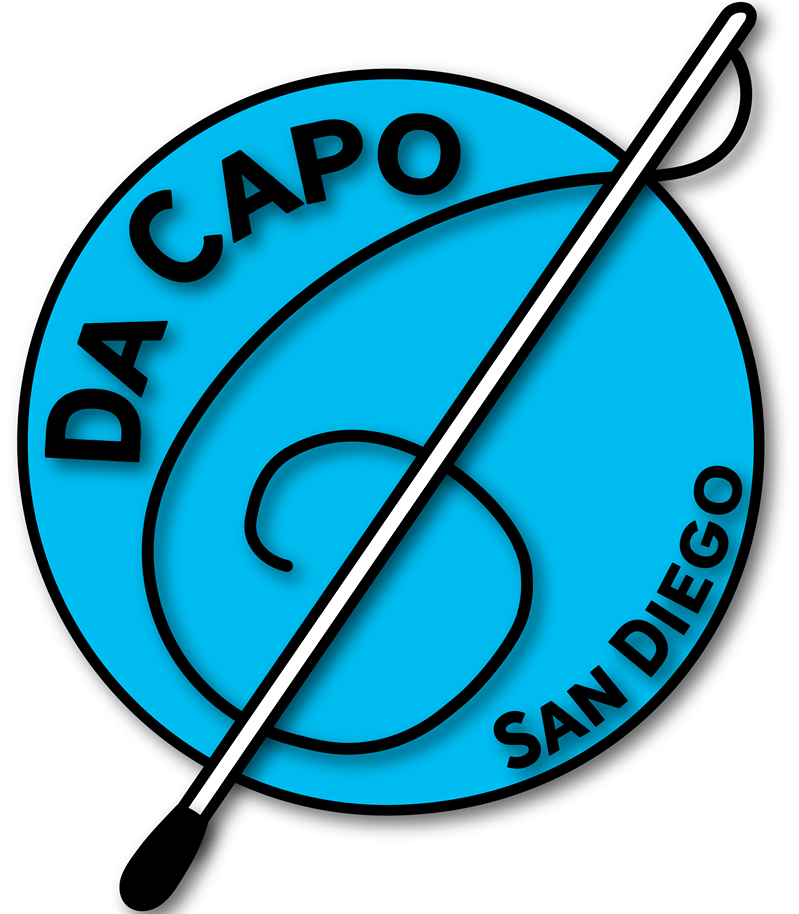We became band directors because of the love of music we found during our experiences in elementary/middle/high school band. While those experiences may have varied (Concert Band, Marching and Pep Band, Jazz Band, Chamber Ensembles) Most of us focused on one instrument. While obtaining degrees in music education we take the standard methods classes to familiarize ourselves with the other instruments, but there is no comparing that to the level of familiarity, and our ability to teach our primary instruments with that of the other instruments in the band.
As teachers we are expected to bring a deep knowledge of our subject matter to our students, and while we gain deeper knowledge of each instrument through years of teaching, it doesn’t match the experience of having performed on that instrument. Having the opportunity to perform on a secondary instrument develops a deeper consciousness of pitfall areas, and broadens the understanding of new strategies for teaching.
Music educators would greatly benefit from an opportunity to focus on something other that their primary instrument. In this environment they can a play a variety instruments and gain invaluable experience that they can then bring back to their students.
It is a common belief that ‘programing is an art in itself.’ I believe that as music educators very few of us are happy with our overall knowledge of available and appropriate quality literature. Directors would benefit from being exposed to as many diverse musical experiences as possible, and through that exposure have a better understanding of how to program for their own ensembles. That knowledge must extend across all levels of musical difficulty. Many directors focus on specific difficulty ranges, which narrows their exposure to pieces that would provide valuable learning experiences for their ensemble. The ensemble will focus on literature grades from .5 to 39 (BB-ME).

